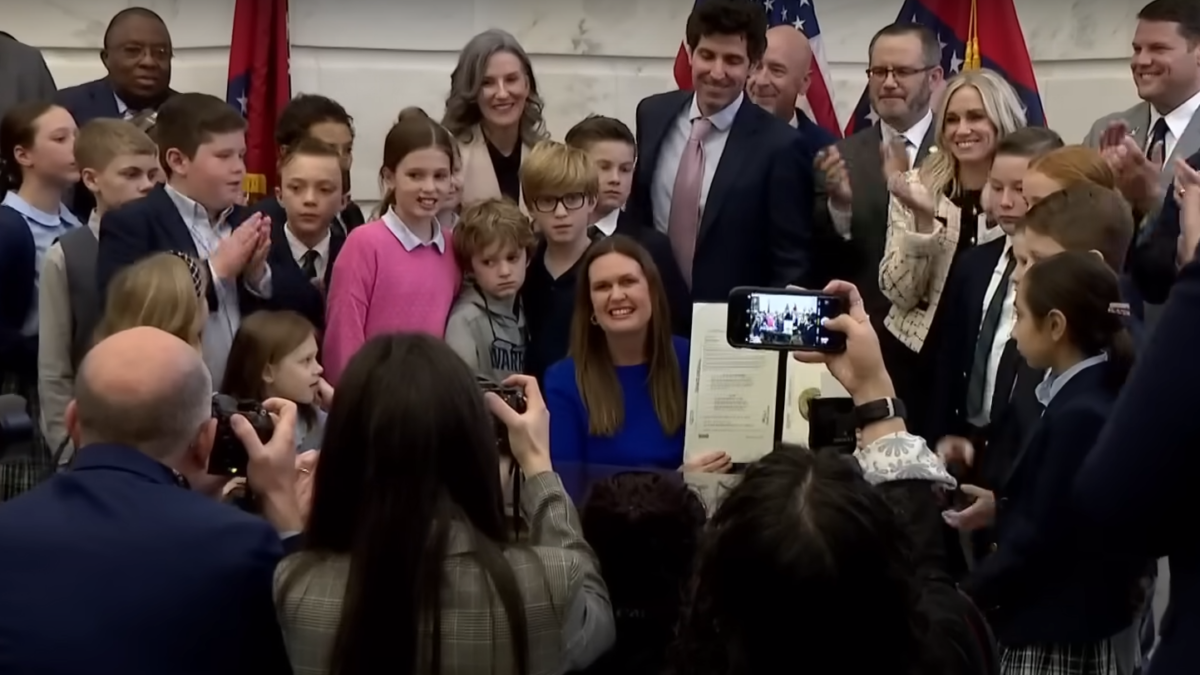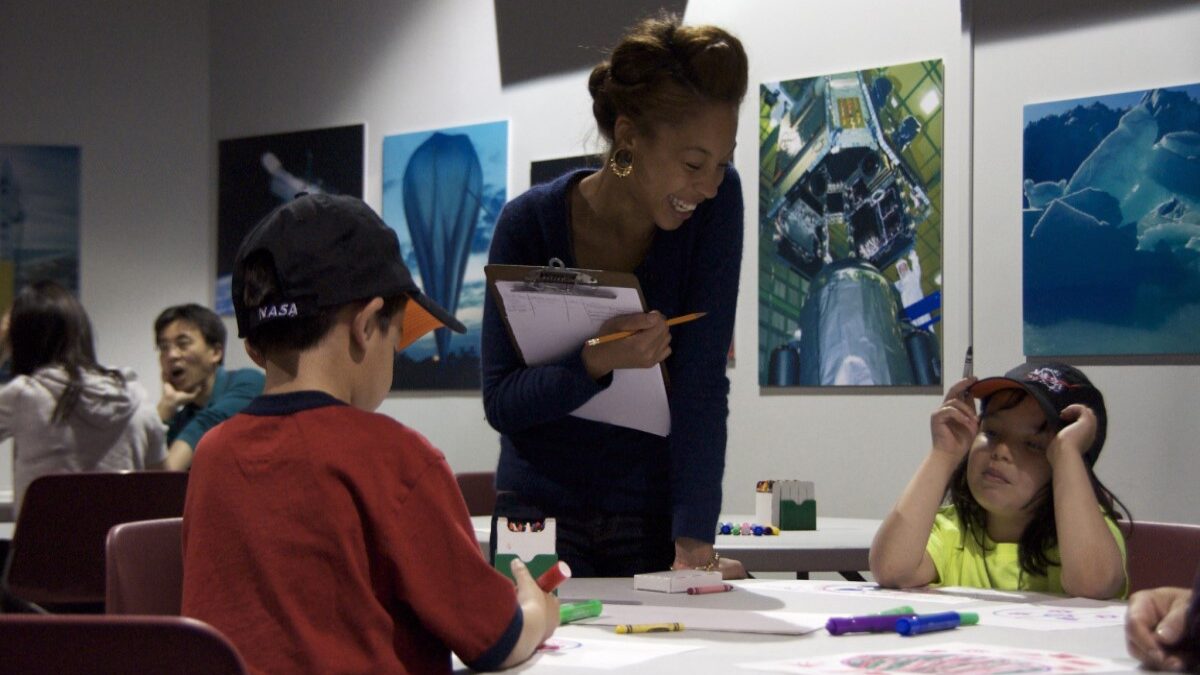
Fifteen years ago, the homeschooling movement seemed small, obscure, and, frankly, a bit scary. As a group, they seemed to be running away from the “immoral” public school system, and you were as likely to find them on a ramshackle farm in the middle of nowhere as doing seventh-grade Algebra at a kitchen table (and in some extreme cases, featured in publications like Slate using it as a front to neglect and abuse their kids).
In short, the homeschooling movement was brushed off as too quirky and fringe to be taken seriously. But fast forward, and the movement is burgeoning: It represents much of what is great about American democracy, and simultaneously shows what is good and what’s going wrong with education in America today.
Homeschooling Is Growing Ridiculously Fast
Last year, USA Today reported that in 1999, homeschoolers made up a tiny sect of the American population. “An estimated 850,000 students nationwide were being homeschooled. By 2011-12, that number had more than doubled to 1.77 million.” According to a recently released Florida Department of Education report, “The number of homeschooled children in Florida saw its biggest increase in five years during 2014-15. Last year, the state counted 84,096 children in home schooling, up 9.6 percent from a year earlier.”
The reasons? According to the U.S. Department of Education, roughly nine out of ten parents who homeschooled their children during the 2011-12 school year said school environment, meaning safety, drugs, and peer pressure, contributed to their decision.
While the growth of the homeschooling movement is positive, it isn’t for everyone. For students who attend public school, the very reasons some of their peers are homeschooled demonstrate the need for the public school system to improve.
Choosing A Different Path
Some parents choose to homeschool because they’ve done their research and don’t agree with the curriculum taught or social situations within public (or private) schools. Those with a degree in education may disagree with me—but isn’t that great? The freedom to choose what type of education your child can have should not be overlooked or underappreciated.
The introduction of Common Core curriculum mandates and tests into the nation’s public schools, and many private schools, has driven many parents to homeschool. There are reports around the country of homeschoolers increasing, simply because of this one change. In Sioux Falls, South Dakota, the number of homeschooled students has more than doubled in the last school year, largely due to Common Core, and numbers statewide also are growing.
In an interview last year with Fox News, Bob Lubke, a senior policy analyst for the North Carolina-based Civitas Institute said, “If you look at national, and even state polls, you can see that the more familiar people become with Common Core, the more they dislike it. They feel like they are losing control of what their kids are learning.” Likewise, the Heartland Institute reported that in North Carolina, parents are concerned enough with Common Core that home schooling grew by 14 percent during the last academic year: “More children are now getting an education at home than in the state’s private schools.”
Michael Farris, father of ten and chairman of the Homeschool Legal Defense Association, told me via e-mail that Common Core is a “factor in homeschooling growth.” “The public schools continue to pursue failed theories,” he wrote. “The overall approach is not working for any meaningful improvement. The centralized planners believe that one-sized fits-all will produce great educational results if we just regulate it enough and test it enough. Those theories lie at the heart of the discredited Common Core curriculum.”
The freedom to choose is a boon to homeschool education. The freedom to choose another means of education—whether that’s private school, charter schools, or homeschool—because of dissatisfaction is a hallmark of democracy. Some kids, like this homeschooled robotics team that invented a new way to teach beginners Braille, will owe their careers and general happiness to this simple choice.
Homeschoolers Defy Stereotype and Shatter Stigma
Contrary to popular belief, the homeschooling movement is not entirely based upon—or growing exponentially because—homeschoolers are inherently against something. They aren’t sitting around bashing public schools and twiddling their thumbs in their living rooms. In general, homeschoolers tend to advocate for each child to learn according to his strengths and weaknesses, to spend as much, if not more, time learning outside the home in the real world.
In other words, they aren’t exactly denim-wearing, backwoods-living hicks. Farris says, “Almost every parent with school-aged children knows at least one homeschooling family. And in the vast majority of cases, the impression is very favorable.” It’s this impression that inspires other families to choose to homeschool.
There are more opportunities than ever for parents to show their children real, hands-on learning thanks to nonprofit organizations, museums, and other industries opening their doors to homeschoolers via special events just for them. Last year, USA Today reported that “[m]useums such as the National Museum of Natural History and the New York Historical Society offer programs exclusively for home-schooled students. And there are listservs and other online communities where parents can seek advice and voice concerns.”
Farris noted, “The biggest shift in the homeschooling movement in the last few years is the development of more co-op type approaches for some specialized classes. The heart of homeschooling is still a mom and dad teaching their own kids. But, there is a strong growth in shared specialty courses, especially at the secondary level. Science, math, history, and debate are very common courses for this shared approach.”
What This Means For Traditional Schools
The homeschool movement is by no means at its pinnacle, both in numbers and execution. As with any education, it will have gaps. But the statistics, and reasons for their growth, should encourage public-school advocates to take a hard look at the issues causing parents to pull their children from that system.
Not every parent is in a situation that would allow him to homeschool his child, should he want to, and not every child would benefit from being homeschooled. So while no system can be flawless, it should make changes where necessary to improve.
Homeschooling is growing, which benefits our democracy, but also telegraphs a warning to our national education system: Make changes, or lose students. As for homeschoolers, thank goodness they’re more mainstream and perhaps even trending. Kids are our future, and they’re the ones who are benefiting most from a specialized, hands-on, parent-led education.

Source: TopMastersInEducation.com









